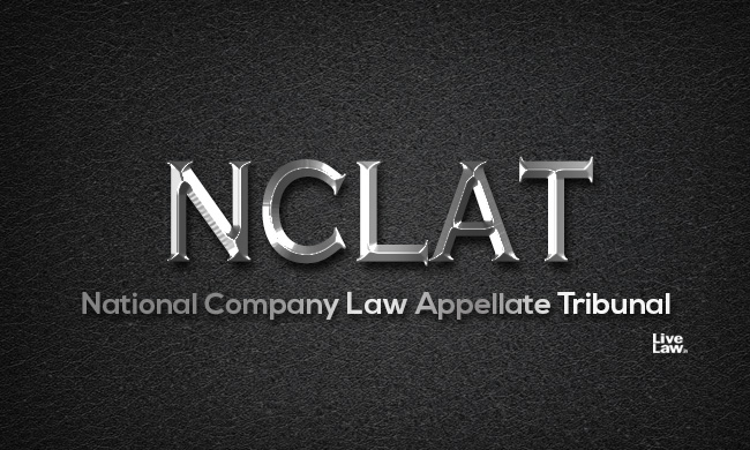Amount Invested In A Joint Venture Project In Capacity Of A Promoter And Investor Not A Financial Debt: NCLAT
Pallavi Mishra
23 April 2022 12:45 PM IST

Next Story
23 April 2022 12:45 PM IST
The National Company Law Appellate Tribunal ("NCLAT") Principal Bench comprising of Justice Anant Bijay Singh (Judicial Member) and Ms. Shreesha Merla (Technical Member), while adjudicating an appeal filed under Section 61(3) of the Insolvency and Bankruptcy Code, 2016 ("IBC") in the matter of M/s Jagbasera Infratech Pvt. Ltd. v Rawal Variety Construction Ltd., has held that the...
